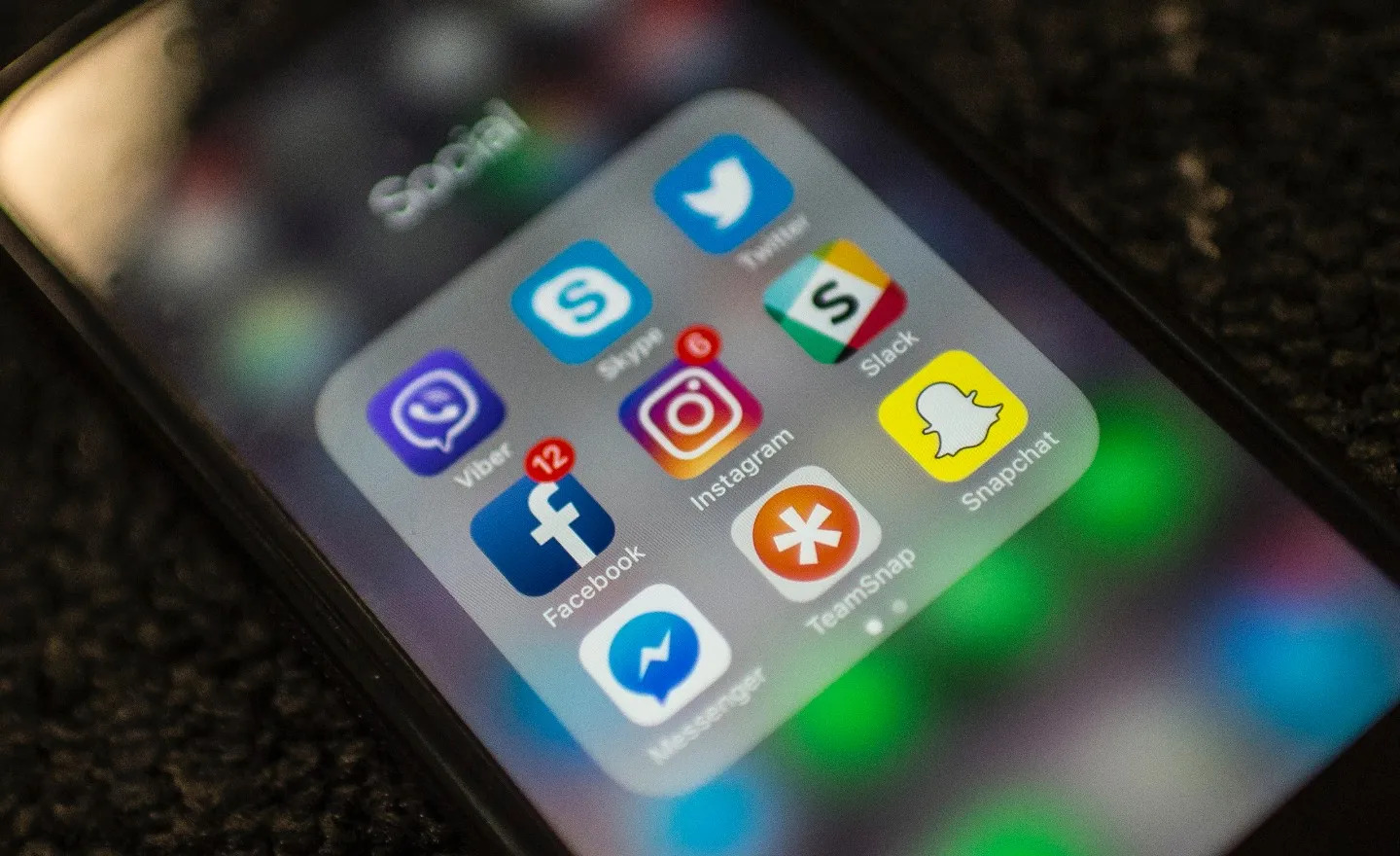The Indonesian government has officially enacted Government Regulation (Peraturan Pemerintah/PP) Number 17 of 2025, known as PP Tunas, which governs electronic system management in the context of child protection.
A key highlight of this new regulation is the requirement for digital service providers to comply with age-based access restrictions for children using online platforms.
Minister of Communication and Digital Meutya Hafid emphasized that the regulation is not meant to prohibit children from accessing the internet. Rather, it aims to guide them toward responsible and safe digital engagement.
“This is not about restricting children from the internet. It’s about helping them grow up with technology in a secure and responsible way,” said Meutya during a public campaign event for PP Tunas at Udayana University in Bali on Sunday, April 13, as quoted by CNN Indonesia.
According to Meutya, the regulation adopts a gradual approach. She also mentioned that children were actively involved in the regulation process, with feedback gathered from 350 children across the country.
“This shows our commitment—regulations concerning children must involve children in their formation,” she added.
Age-Based Digital Access Classification
Article 21 of PP Tunas lays out three age categories with corresponding rules on the types of digital services children can access, based on the level of risk and parental consent. According to CNBC Indonesia, the classification is as follows:
- Under 13 years old: Only allowed to have accounts on low-risk services specifically designed for children, and only with parental consent.
- 13 to under 16 years old: May access low-risk digital products, but parental or guardian approval is still required.
- 16 to under 18 years old: Permitted to use a wider range of digital services, but must still have parental approval to create an account.
Obligations for Digital Platforms
In addition to age restrictions, the regulation requires digital service providers—including platforms like TikTok, Instagram, and X (formerly Twitter)—to implement parental control technologies. These tools must allow direct supervision of children’s online activities.
“Electronic System Providers are obligated to ensure the availability and effective functionality of technologies that enable parents to supervise the use of Products, Services, and Features via their child’s account,” states Article 21(2).
This means platforms must not only verify users’ ages but also provide effective parental controls to ensure compliance.
A Commitment to Child Protection in the Digital Age
Meutya stressed the urgency of protecting children in the digital realm, citing alarming data. According to the National Center for Missing and Exploited Children (NCMEC), Indonesia reported over 5.5 million cases of child pornography over the last four years—ranking 4th globally and 2nd in ASEAN.
Additionally, 48% of Indonesian children have experienced cyberbullying, and 80,000 children under 10 have been exposed to online gambling.
“These are not just numbers—they represent a serious threat to the future of our children. We cannot stay silent as the digital space harms our young generation,” Meutya asserted.
She further explained that PP Tunas reflects the government’s serious commitment to protecting children online.
The regulation obligates Electronic System Providers (PSE) such as social media platforms, gaming apps, websites, and digital financial services to promote digital literacy and prohibits profiling children for commercial purposes.
Meutya called on all stakeholders—especially the education sector—to collaborate in implementing PP Tunas effectively.
“Udayana University is the first academic institution we visited post-enactment. We want to engage directly with academia for insights and feedback on how best to communicate this regulation,” she said, noting that Bali was chosen due to its strong community values, which could serve as a model for other regions.
Source: cnbcindonesia.com, cnnindonesia.com
Photo Credit: Getty Images


